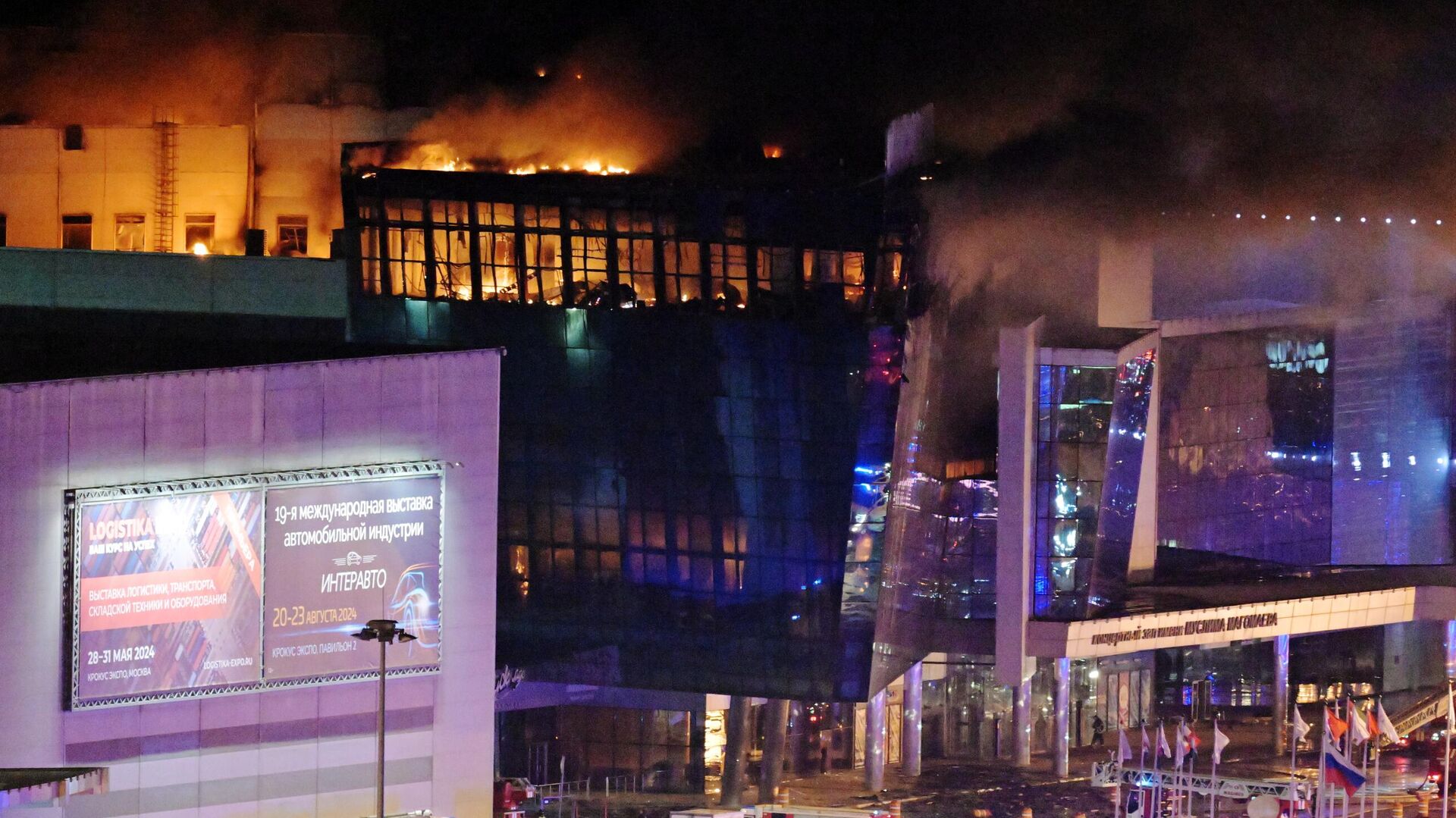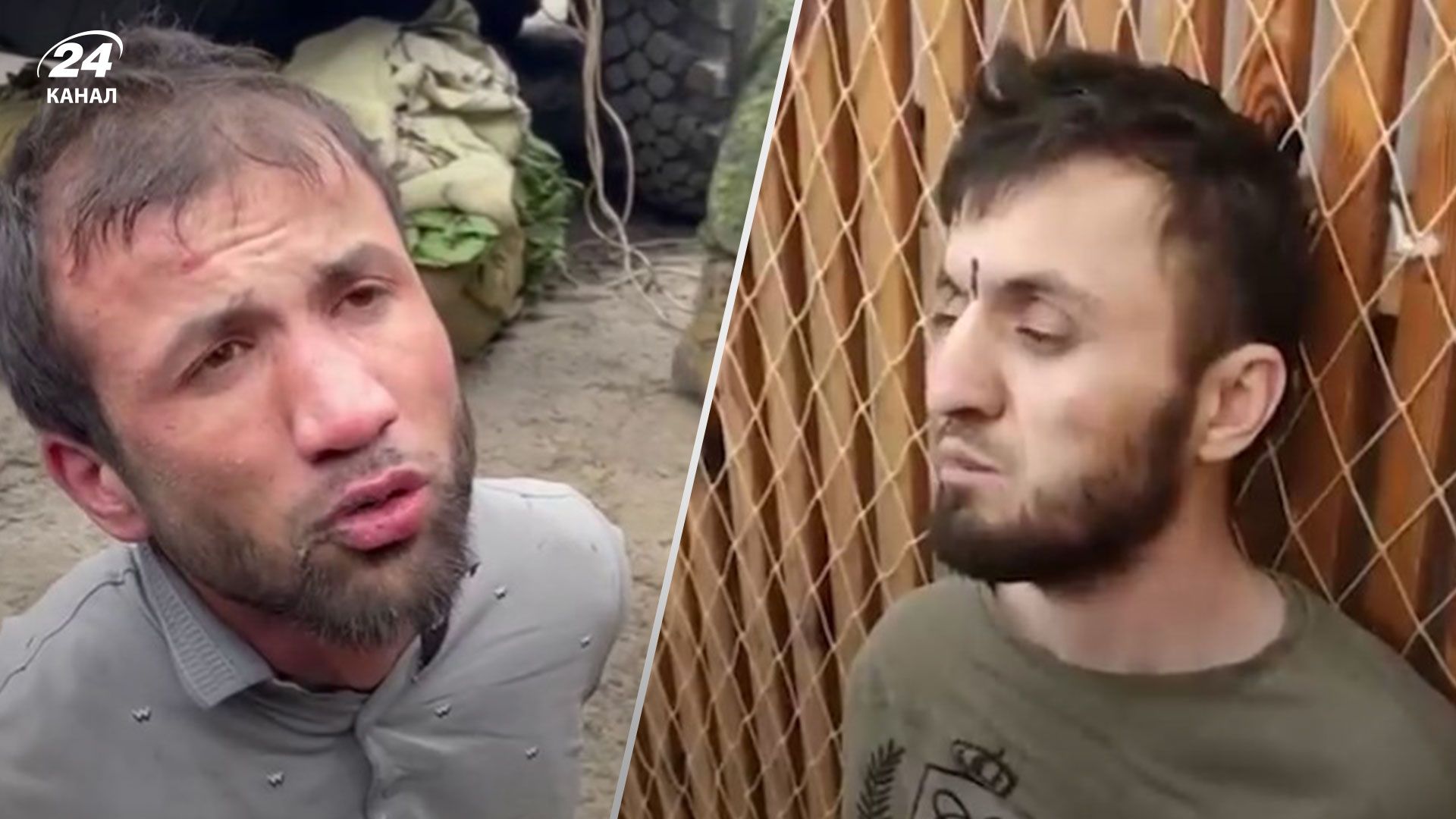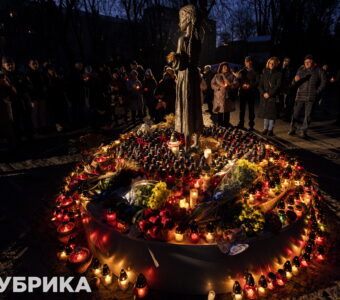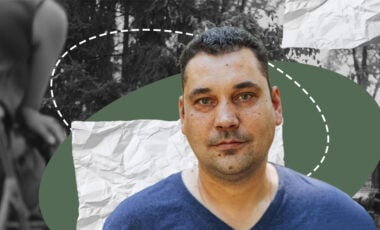Will the Crocus terrorist attack change Russian policy?

On March 22, an event occurred that revealed that the infamous terrorist group Islamic State (ISIS) has its own news agency. More precisely, Amaq is considered to be "connected" with ISIS. The agency has been operating since 2014 and is so successful in providing information support to terrorists that it is recognized as a terrorist organization by the US State Department.
In the city of Krasnogorsk near Moscow, which is half an hour's drive from the Kremlin, a group of attackers shot 139 people and set fire to the Crocus City Hall concert hall. ISIS took responsibility for this; Russia put it on the West and Ukraine, Ukraine on Russian special services, and the West on Islamic terrorists, thereby closing the circle. This is a brief description of the incident, but no matter how much detail goes into it, the conclusion does not change. Shooting in Crocus could have been arranged by both Russia's security service and Islamists simply because they can, know how, and practice. However, the matter is not simple; it most likely has several layers that appear as the play progresses.
Does Russia's security service have anything to do with it?

Terrorist attack at Crocus concert hall near Moscow.
As it was written at the beginning, the terrorist attack was attributed to the ISIS cell in the province of Khorasan, a historical region located in modern Turkmenistan and Iran. IS–KP, or Wilayah Khorasan, is one of the most violent branches of the parent organization, formed by supporters of militant jihadism from Al-Qaeda and the Taliban in Pakistan and Afghanistan. At the same time, since 2021, the Taliban have announced the arrests of thousands of members of this group, and the world media have announced the increasingly frequent attacks by IS-KP on ethnic and religious minorities in Afghanistan. On January 3, 2024, IS-KP committed a terrorist attack in the Iranian city of Kerman. From this point of view, Wilayah Khorasan, having attacked Russia, slaps both the Taliban, which is accepted in Moscow and Iran, which it also considers an enemy.
Then, the US special services warned the Iranian authorities several weeks before the attack itself. Presumably, after leaving Afghanistan, the US did not lose its agent network in the country, so it has information both about the emergence of new IS-KP training camps and about the preparation of specific cases of its foreign activity. Washington began to voice the threat of a terrorist attack in Moscow at the beginning of March.
Against this background, the conclusion that Russia is so engrossed in the mass murder of Ukrainians and the utilization of its citizens in a cruel and senseless war that it is unable to respond to real threats to its security seems obvious. In addition to revenge for Syria, IS-KP's interest in Russia also lies in the Soviet intervention in Afghanistan. ISIS itself did not exist then, but Putin is not the first to manipulate historical facts for his own benefit.
The question of why the Islamists delayed the act of retaliation for so long can be answered with an extensive list — from the time of serving the dish called revenge to the assumption that from the South, Russia does not look like such a mighty colossus as the West sees it. One way or another, the terrorists guessed the moment, the place, and the effect. Russia turned out to be vulnerable, and its special services were capable only of reaction.
The terrorist attack is real, but the perpetrators are not

The suspects in the terrorist attack were detained. During detention and interrogation, the Russian special services will subject them to torture and beatings.
Neither Putin nor his beloved security service is satisfied with this interpretation. They should cause fear and make an impression. So Russia did the latter. At first, people from Ingushetia involved in the fight between local rebels and the security service in Karabulak, which took place in early March, were the suspects. However, the version about the suspects from the Caucasian region was quickly abandoned. By the way, on March 22, a fight was supposed to occur near Crocus between Slavic and non-Slavic athletes, who clashed a few days before in one of the local boxing clubs. But instead of the expected Dagestanis and Ingush, special forces arrived and arrested all the Russians. There is no need to remind about the special status of loyal Caucasians in today's Russia, so the intercession of the security forces for them could well have extended to removing them from suspicion for the attack on the concert hall, especially since the culprits have already been appointed.
Four participants in the attack were detained in the Bryansk region; they were arrested until May 22. On March 25, three more people joined them: the man who sold the car to one of the suspects and his brother and father. All of them are Tajiks and do not speak Russian well — the perfect object to distract attention.
In a video message released by ISIS, several men appear dressed exactly like the attackers in numerous footage from the concert hall and recordings of Russian security forces detaining the alleged suspects. Such poverty of the wardrobe is surprising, isn't it? The security officers boast that they have detained professional terminators with ultra-professional combat skills and a high level of training, but, in reality, they detained people who did not take care of any disguise or escape routes and fled in the same car in which they arrived. In addition, the territory where the concentration of security forces and heavy weapons is off the charts was chosen as the "exit" zone. Everything resembles a repetition of already passed scenarios — 1999 Russian apartment bombings, Beslan school siege, Moscow theater hostage crisis, or Nord-Ost 2002.
As some media noticed, the events were watched directly from the seats by a whole galaxy of "incubator" spectators — the video shows at least several men wearing the same clothes — blue jeans and shirts, calmly filming everything on their phones, not succumbing to the general intention to leave the dangerous place. They clearly notice each other and maintain eye contact, repeat the same phrase about closing the door, creating the effect of mass support for such a strange decision, but do not interfere. Of course, in a crowded hall with 6,000 spectators, you can find a lot of similarities in clothing, but the coincidence in behavior can hardly be called accidental.
The eighth person arrested was a citizen of Kyrgyzstan who rented an apartment to a certain suspect. Putin himself would simply have to fall into such a wide net for catching terrorists — as the creator of the system in which the rampant terrorism has acquired such proportions.
Miscellaneous
Surprisingly, Russian experts do not talk about the artificial nature of the terrorist attack, even on "independent" resources. There seems to be no reason to suspect the Kremlin of a crime against its own people. Instead, they use theses, which should look impartial but indicate involvement: about the impossibility of preventing terrorist attacks in general, about the fundamental inability of the security of such objects to deter attackers, about the shipment of illegal automatic weapons of Afghan origin to Russia with a modest mention of the "special military operation," about special the efforts of ISIS-Khorasan in Central Asia and the growing number of its supporters among the Uzbek and Tajik populations. Despite all this, the arguments in favor of the version of a real attack by real terrorists are called "not irrefutable."
Putin, Bortnikov, and Patrushev accused Ukraine. On the other hand, Russia's main propagandist, Peskov, said on March 26 that "observers and analysts can afford to talk about the connections of the terrorist attack with the leadership of Ukraine, but before the end of the investigation, Putin's statements must be carefully read." The reason for such caution is quite simple — the death of so many people caused a certain disturbance in society, which must be carefully studied to falsify only selected facts. The need for filtering is significant — this "patchwork blanket" was sewn up in a terribly sloppy way: how did the four manage to capture a huge building, how did they bypass metal detectors and security guards, where was the guard at the first automatic rounds, where did the employees of the canine service of the Russian Ministry of Internal Affairs go, whose van was spotted on numerous videos at the entrance to the concert hall? The answer to the last question was found quite quickly in other videos — they ran away with the dogs. However, this does not shed light on the remaining dark spots.
The terrorist attack and the reaction to it on the part of the "authorities" not only highlighted the striking incompetence but also the lack of coordination. As long as the security forces chiefs ran around the offices for recommendations and instructions, the authorities showed complete helplessness. First, the ambulance arrived, but it could not start rescuing people while the fire continued. Then firefighters arrived who did not start extinguishing, not having data on the presence/absence of terrorists inside. However, law enforcement officers can become the main culprit.
The Pavshino police station is located in the Crocus building, staffed and equipped with weapons. Apparently, they also ran away because they did not react to the crime. Minister Kolokoltsev arrived at the scene almost three hours later, although the press service called his appearance "immediate." Meanwhile, the first real help to people was provided by schoolchildren who worked part-time in Crocus and led the concert audience out of the fire.
A window to Ukraine and a castle in Russia
Putin did not react in any way for 19 hours, although before that, he made at least several statements on completely trivial grounds since the "victory in the elections." However, he immediately disclosed the crime during his speech and pointed out its instigators. Using the testimony of the arrested Tajiks obtained under torture, Putin announced the intentions of the attackers to escape across the Ukrainian border, where a "window was opened for them." Considering that the distance from that place on the map to the Ukrainian border is much bigger than to the Belarusian one, you can put forward any version of the final destination. It can be Kyiv, Minsk, London, and Vladivostok — the Earth is round.
On March 25, the stake was raised. At a meeting with the security forces, Putin gave something like this speech: "… the hands of radical Islamists committed the crime, this is an act of intimidation, the US is trying to divert suspicion from Ukraine, but this crime is only a link in the war with Russia at the hands of the neo-Nazi Kyiv regime since 2014, and the Nazis are known for using dirty methods, and their counteroffensive failed, but those who support the Kyiv regime do not want to be sponsors of terrorism, but there are a lot of questions."
This schizophrenic stream of consciousness, despite the external entourage, is directed exclusively at the internal audience. Putin will not be able to offer anything new to Ukraine or to those "who are fighting Russia with the hands of the Kyiv regime": he has already attacked Ukraine, the range of weapons used included all Russian and a little Iranian and North Korean, only nuclear weapons remained among the trump cards. Missile attacks on Ukraine will continue, as well as attempts to attack the front line — Russia does not need pretexts for this.
Instead, the average Russian opens up unlimited prospects of returning to the atmosphere of early Putinism but before the flow of petrodollars. Judging by the discourse, three extensive categories of the Russian population will be the first to feel the consequences of the terrorist attack by "extremists with the assistance of Ukraine" — migrants, residents of national, but not privileged Caucasian republics, and "dissidents."
Over the past few days, more and more people from Tajikistan and Kyrgyzstan, as well as representatives of the national subjects of the federation, have declared xenophobia towards themselves. The initial 500,000 to each of the arrested Tajiks turned into half a million for all of them in 3 days. That is the measly amount that was estimated for the participation of these people in the terrorist attack, in which they are suspected, as a result, was generally turned into a laughing matter. Should we talk about doubts about the detainees' involvement in the crime they are accused of? However, they are perfect for fanning xenophobia — migrants hate the average Russian so much that they are ready for extremism for nothing. Screenshots of correspondence between taxi customers and drivers, in which the customer refuses a ride if a native of Tajikistan drives them, are the most tolerant of intolerance manifestations. If, after the terrorist attacks in 1999, the Russians called for revenge against the Chechens, now, ideally, the circle of culprits should be extended to all migrants from Central Asia.
At the same time, this is not another resuscitation of "Russia for the Russians" but a fight against internal traitors who sold themselves for pennies to external puppeteers. At the same time, Kadyrov announced the incitement of an inter-ethnic conflict but promised to fight "with nationalism as we fight with neo-Nazism."
It is especially fun for amateurs to stand with a poster, write a comment, and bring flowers to the graves of other activists. Because whoever organized the terrorist attack, the beneficiary of it will be the regime. Now we can see the completion of the process of formation of the "absolute republic" — a form of government in which the once-elected person rules as much as he deems necessary. After a total victory in the "elections," it will not hurt to make it eternal.
For this, ordinary repressions and the search for enemies are insufficient—they must be legally destroyed to the crowd's cheers. First, Medvedev spoke about reinstating the death penalty, and then Prigozhin (not the same one) and other show business figures and propagandists joined him. Repeal or suspension may not happen immediately, but a gradual discussion with completion over several months is likely. The question is not about punishing the "Crocus shooters" but about creating conditions for the eternal pacification of the "pests." And it does not matter which way the moratorium will be canceled — through a referendum or a decision of the Constitutional Court — both are far from law and democracy.
What about Ukraine?
Almost one and a half hundred dead testify to Russia's vulnerability to terrorist threats, but based on this, in no case should one live with vain hopes. It is simply impossible to imagine the scale of a terrorist act that will force Russia to change its geopolitical vector and give up its claims on Ukraine. The opposite materializes faster — the regime converts attacks on the civilian population into fragmentation of society and mobilization against an external enemy. If it is to become a terrorist organization, then the Security Service of Ukraine or the entire leadership of Ukraine will be recognized as such, but not ISIS.
Even Belarus president Lukashenko's renegade statements about the coordinated intention to meet the terrorists at the common border, which forced them to change their route in the direction of the Ukrainian border, will fundamentally change nothing, as well as the latest accusations about the guilt of the US, Britain, and Ukraine. Russia has already attacked Ukraine, and the Russians already wish Ukrainians harm. However, Russian missiles will not fly across the ocean, and tanks will not move through the Bering Strait — Russia will focus on targeting America with foreign hands around the world. For now, it will be an information attack, but gradually, new centers of tension will emerge. Voluntary self-removal of the US from the role of world sheriff will play an evil joke on them because such a concentration of their opponents has not been seen for a long time. Republicans are promoting the concept of a Trump administration even before he wins the election, which may not happen. He recently stated that there is an ocean between states and their enemies. Procrastination, complacency, and short-sightedness will lead to the fact that there will be no water in this ocean. Is it a coincidence that the Houthis send congratulations to Russia, and Hamas and the Taliban come to visit?





















































